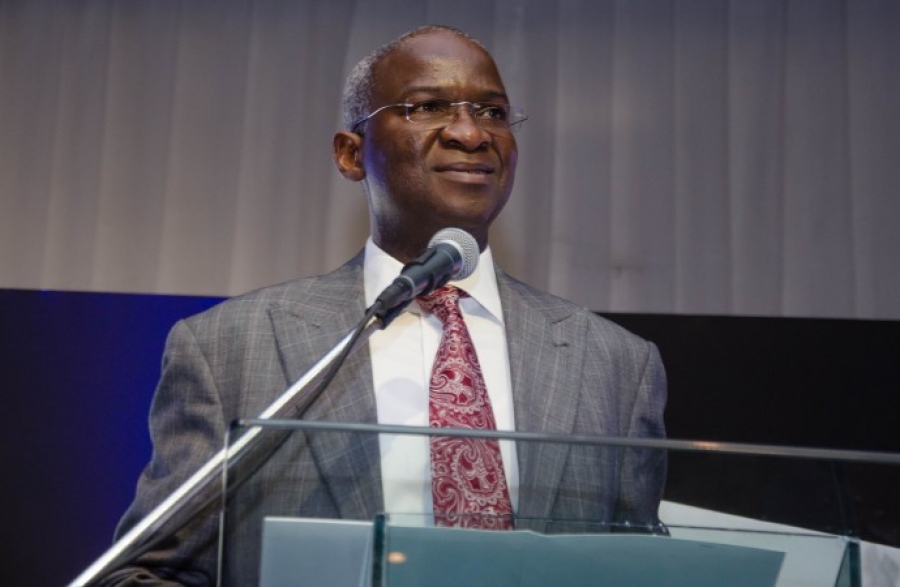- N3.17bn Federal Secretariat in Bayelsa for Completion June
Barring any unforeseen contingency, the Federal Ministry of Power, Works and Housing’s secretariat complex in Yenagoa, Bayelsa State, commissioned about six years ago, is due to be completed in June this year.
When inaugurated, the secretariat, which boasts 400 offices, nine committee rooms, a conference hall, eight staircases, two ramps and three large courtyards, will ameliorate the accommodation problems faced by workers in the Federal Government’s Ministries, Departments and Agencies in the state.
At present, the federal secretariat, whose cost is put at N3.17bn, including variations and additional works, is being handled by a wholly-indigenous contracting firm, Trenur Nigeria Limited, and is currently at the stage of internal painting, services fittings and external works.
The project, which commenced in 2012, with an expected completion date of 100 weeks (about two years), has yet to be completed due to some challenges.
Conducting journalists round the complex located near the Ox-Bow Lake area of Yenagoa on Friday, the Federal Controller of Housing, Bayelsa Field Office, Mr. Nwachukwu Achebe, expressed optimism that the secretariat would be delivered in June.
He said the project began in 2012 with the completion period of roughly two years but some challenges made it impossible to meet the initial completion period.
Achebe mentioned foundation redesign, piling (496 auger piles, bored and cast in site up to 18 metres), sand filling, retailing walls and the 2012 national flooding as some of the causes of delays in project completion.
The controller said, “Right now, we have achieved over 75 completion overall because we are already painting. As of the last report we wrote and the valuation of progress and contract, we are very hopeful that by June, we should hand over the project to the users.
“In terms of quality of materials, we have had a good report from every evaluating and monitoring team that has come to inspect this project that the standard is good.
“The challenges have been enormous. The project was conceptualised on a national basis. We have six federal secretariats commissioned at the same time, one for each geopolitical zone. This one is for the South-South geopolitical zone. And it’s the same design all over the nation.”
He added, “But on coming here, the first challenge we had was that the foundation design for the structure could not be implemented here; the topography of this place is different from any other part of Nigeria.
“It’s almost at sea level, it’s swampy, it’s waterlogged and it is a low-lying area. So, the soil type is not something that the bearing capacity will be able to carry the structure. The first challenge was that the foundation had to be redesigned. The project had to wait while the redesigning was ongoing.
“We had the national floods in 2012. This whole place was submerged; no vehicle could come in or go out. After the floods, we had to wait for the site to dry up so that heavy machinery could come in. It took us quite some time. There was some cost effect but we have gone beyond all of that now.”
Achebe added that the design concept of the new federal secretariat was set out to address some problems that the ministry observed in the previous and older secretariats.
Also speaking, the General Manager, Trenur Nigeria Limited, Umekwe Onwe, said the project had reached 90 per cent completion.


 Forex4 weeks ago
Forex4 weeks ago
 Naira4 weeks ago
Naira4 weeks ago
 Billionaire Watch3 weeks ago
Billionaire Watch3 weeks ago



 Naira4 weeks ago
Naira4 weeks ago






 Naira3 weeks ago
Naira3 weeks ago


 Naira2 weeks ago
Naira2 weeks ago






 Naira2 weeks ago
Naira2 weeks ago


 Naira3 weeks ago
Naira3 weeks ago























